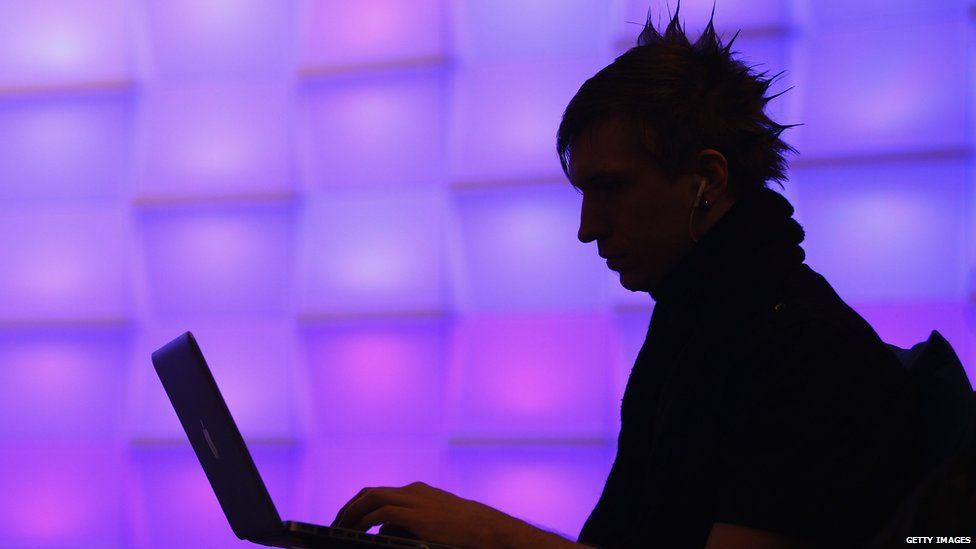New Zealand is making trolling illegal
- Published

New Zealand is making cyber bullying a specific crime.
The country's Harmful Digital Communications Bill has been approved by parliament last week and is expected to come into effect on Monday.
It means people could be fined or sent to prison for using deliberately harmful, threatening or offensive language.
An agency will also be set up to work with firms like Facebook, Google and Twitter to remove the content.
Tech companies will be expected to ask authors to remove a post before taking it down themselves if it has not been removed within 24 hours.
Critics say the law is too broad and could limit free speech but others think the threshold for prosecutions will be high.
How is this different from the UK?
In England and Wales, there is no specific offence of trolling, but trolls can be prosecuted through three existing laws; the Malicious Communications Act, the Communications Act and the Protection from Harassment Act.
These can be used to deal with online threats and stalking and messages causing distress, although they provide no clear definition of "trolling".
Scotland and Northern Ireland have similar legislation.
Media lawyer Nick McAleenan believes the current laws are sufficient, saying: "Over last 12 months or so, police have really got a grip on these laws.
"We've seen a massive increase in prosecutions but it is hard to police and there are a lack of resources for prosecutions."
But he thinks the police and the public need more advice on what constitutes an offence.
He says a new single law could send a clear message on what's acceptable but a lot of time and money would be wasted creating it.
What could be prosecuted in the UK?
According to the Crown Prosecution Service, social media messages which "specifically target an individual or individuals and which may constitute harassment or stalking" could be a criminal offence.
Posts which also make a "credible threat of violence" against a person or property, may also be prosecuted.
There is also a possibility of "grossly offensive, indecent, obscene or false" messages also falling foul of the law.
People under the age of 18 are unlikely to be prosecuted as children "may not appreciate the potential harm and seriousness of their communications".
What about freedom of speech?
The CPS advises a "high threshold" for prosecuting social media users under the Malicious Communications Act.
"Just because the content expressed in the communication is in bad taste, controversial or unpopular, and may cause offence to individuals or a specific community, this is not in itself sufficient reason to engage the criminal law," the guidelines add.
Posts must be more than "banter or humour" for prosecution to go ahead.
What are the potential punishments for trolling?
Depending on which of the laws outlined is used to prosecute, maximum sentences for trolling can range from two to five years in prison.
But Nick McAleenan says: "Although more people are being prosecuted, in reality, we haven't seen massive sentences."
Last year, Peter Nunn, 33, from Bristol, was sent to prison for 18 weeks after being found guilty of trolling Labour politician Stella Creasy over her campaign to put Jane Austen on the £10 note.
He sent what were viewed as "menacing" messages to the Walthamstow MP.
The judge also imposed a restraining order, preventing him from contacting either Ms Creasy or Caroline Criado-Perez, who began the Jane Austen campaign.
In 2011, Sean Duffy from Reading was also jailed for 18 weeks after he mocked dead children online.
Follow @BBCNewsbeat on Twitter, BBCNewsbeat on Instagram, Radio1Newsbeat on YouTube and you can now follow BBC_Newsbeat on Snapchat